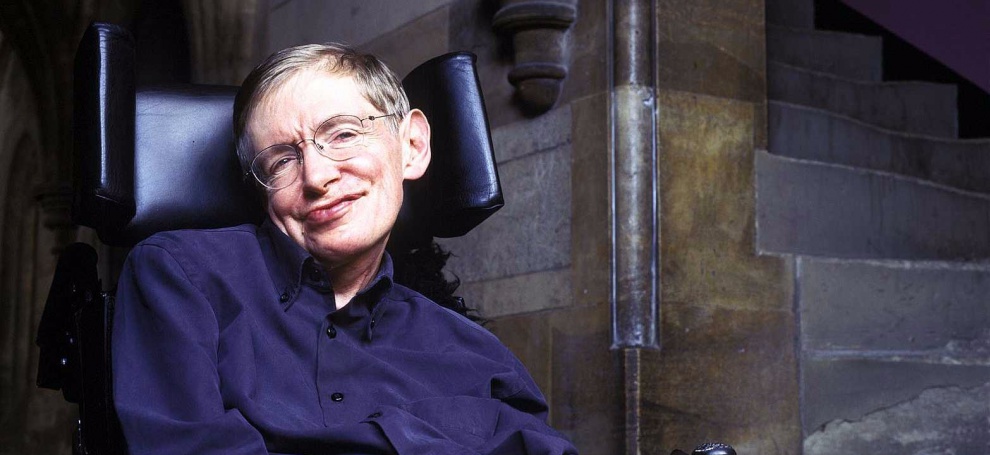Stephen Hawking about labor market robots

Stephen Hawking believes that robots could give us wealth and freedom - but we are more likely to face poverty and unemployment . The physicist warns that intelligent machines can make human labor unclaimed.
Once again warning about the potential danger of developing artificial intelligence , physicist Stephen Hawking stressed that, by making human labor unclaimed, intelligent robots can cause massive social inequality . Hawking expressed his concern during an online interview on the AMA (Ask Me Anything) series Reddit service.
One of the users of Reddit asked Hawking whether the development of intelligent robots and programs could cause “technological unemployment” by making costly and unreliable human labor a relic of the past.
')
Hawking replied: “The result depends on the distribution of the benefits received. Everyone will be able to enjoy an idle lifestyle, if the wealth acquired by the machines is divided equally. However, if the owners of intelligent machines can avoid redistribution, most people may fall below the poverty line. ”

Automation and technological advances have already replaced people in many professions . So, robots perform most of the tasks on the Chrysler assembly line.
“At the moment, unfortunately, the second scenario seems more likely. Due to new technologies, inequality is increasing, ”said the scientist.
So, many are haunted by the understanding that one day robots can take work away from people. In another scenario, however, such a technological revolution could make people's lives much simpler and better.

At the Tesla plant, the changes touched the assembly line of electric cars, where the previously used steel structures were replaced by high-tech robots.
Some technologists, as well as supporters of the basic income idea, are proposing to raise taxes for companies that in the future plan to replace their staff with robots.
These enterprises will not need to pay their “robotized” employees, who, moreover, will be able to work 24 hours a day without breaks and sick-lists. Thus, the income of the owners of such companies will still be many times higher than the current one, even despite the increased taxes.
Taxpayers' money, in turn, will be distributed among ordinary citizens. Having a basic income, ordinary people can afford to work much less or not work at all.

Robots in the Audi plant do most of the work, including spot welding, shaping and assembling.
It all sounds like the plot of a science fiction film , but, nevertheless, the world in which insensitive machines can replace the expensive work of a person does not seem so unimaginable.
According to research at Oxford University in 2013, representatives of 47 percent of professions, including in the field of accounting and law, may lose relevance over the next 20 years due to automation of production processes.
Another report from the Australian Youth Rights Advocacy Group (FYA) warns that about 70% of young people in Australia are currently engaged in precisely those professions whose impact of automation will be “radical.”
In addition, this process will affect at least two thirds of the professions, which are currently being mastered by approximately 60% of students in Australia.
According to Hawking, it is technologists and politicians of tomorrow who will determine that the cars of the future will bring ordinary people to life - idleness and luxury, or poverty and unemployment.
Source: https://habr.com/ru/post/368733/
All Articles